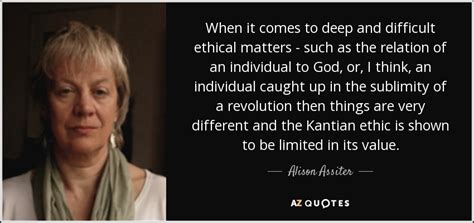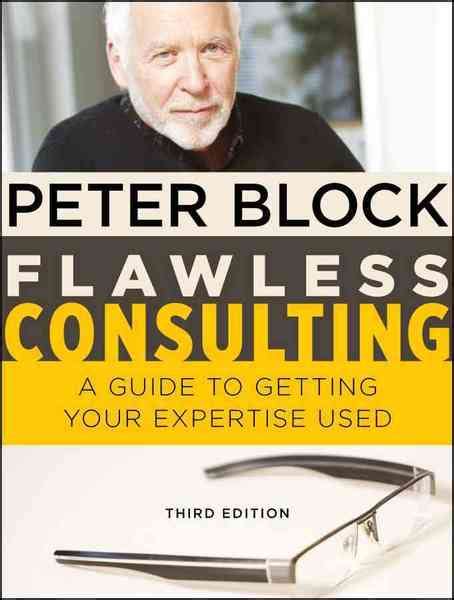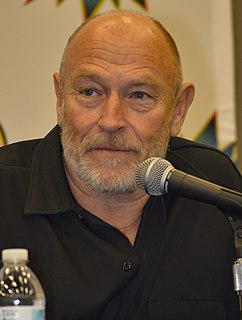A Quote by Marshall B. Rosenberg
When we hear the other person's feelings and needs, we recognize our common humanity.
Related Quotes
Conflicts, even of long standing duration, can be resolved if we can just keep the flow of communication going in which people come out of their heads and stop criticizing and analyzing each other, and instead get in touch with their needs, and hear the needs of others, and realize the interdependence that we all have in relation to each other. We can't win at somebody else's expense. We can only fully be satisfied when the other person's needs are fulfilled as well as our own.
I discovered that resolution of conflict comes from people being able to express their own feelings and their own needs in the face of another. Making agreements and setting goals without building upon the feelings of the parties involved is empty, because it does not consider the vulnerabilities of our own humanity.
































